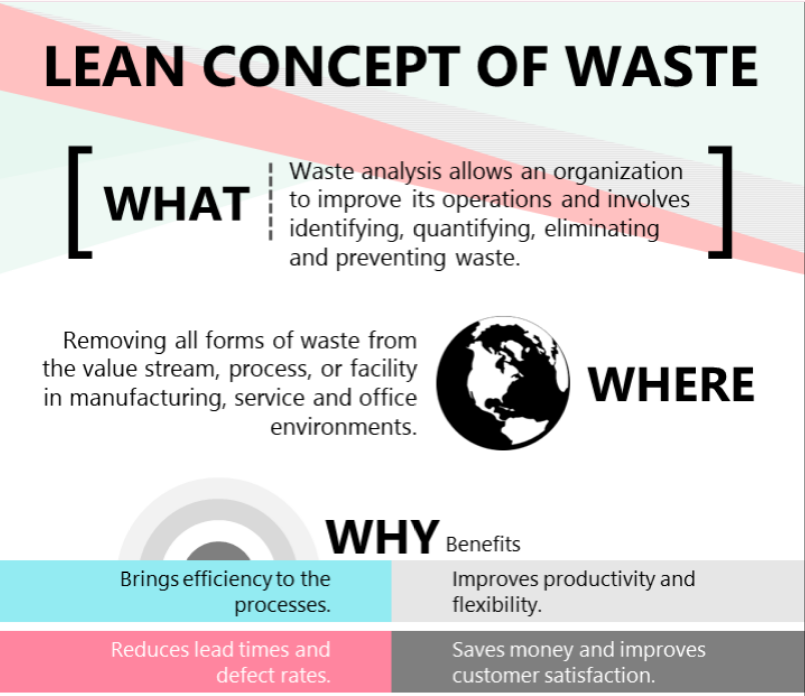Lean Manufacturing Principles: Toyota Case Study
Toyota's Production System (TPS) is a world-renowned example of lean manufacturing in action. Let's explore the key principles of lean manufacturing through Toyota's practices, focusing on both the five core principles of lean thinking and Toyota's specific approaches.
Five Core Principles of Lean Thinking
1. Define Value
Specify value from the standpoint of the end customer.
2. Map the Value Stream
Identify all the steps in the value stream for each product family, eliminating whenever possible those steps that do not create value.
3. Create Flow
Make the value-creating steps occur in tight sequence so the product will flow smoothly toward the customer.
4. Establish Pull
As flow is introduced, let customers pull value from the next upstream activity.
5. Pursue Perfection
As these steps lead to greater transparency, pursuing perfection through continuous improvement becomes possible.
Toyota's Specific Lean Manufacturing Principles
1. Eliminate Waste (Muda)
Toyota identifies and eliminates eight types of waste: defects, overproduction, waiting, non-utilized talent, transportation, inventory, motion, and extra processing.
2. Continuous Improvement (Kaizen)
Toyota encourages all employees to suggest and implement small, incremental improvements in their work processes.
3. Just-In-Time (JIT) Production
Toyota produces only what is needed, when it's needed, and in the amount needed.
4. Jidoka (Autonomation)
Toyota empowers machines and workers to detect abnormalities and stop production when issues occur.
5. Standardized Work
Toyota establishes and documents best practices for each process to ensure consistency and efficiency.
Impact of Lean Manufacturing at Toyota
The implementation of these lean principles has led to significant improvements in Toyota's production efficiency and quality. Let's look at a hypothetical example of waste reduction in Toyota's manufacturing process:
This chart illustrates the significant reductions in various types of waste achieved through the implementation of lean principles at Toyota. By focusing on these areas, Toyota has been able to improve its overall efficiency and product quality.
Conclusion
Toyota's success in implementing lean manufacturing principles has made it a benchmark for companies worldwide. By focusing on the five core principles of lean thinking (Define Value, Map the Value Stream, Create Flow, Establish Pull, and Pursue Perfection) and implementing specific strategies like eliminating waste, continuous improvement, just-in-time production, autonomation, and standardized work, Toyota has achieved remarkable efficiency and quality in its manufacturing processes.
As you train your juniors, encourage them to think about how these principles could be applied in your specific industry or company. Remember, lean manufacturing is not just about tools and techniques, but also about fostering a culture of continuous improvement and respect for people.

